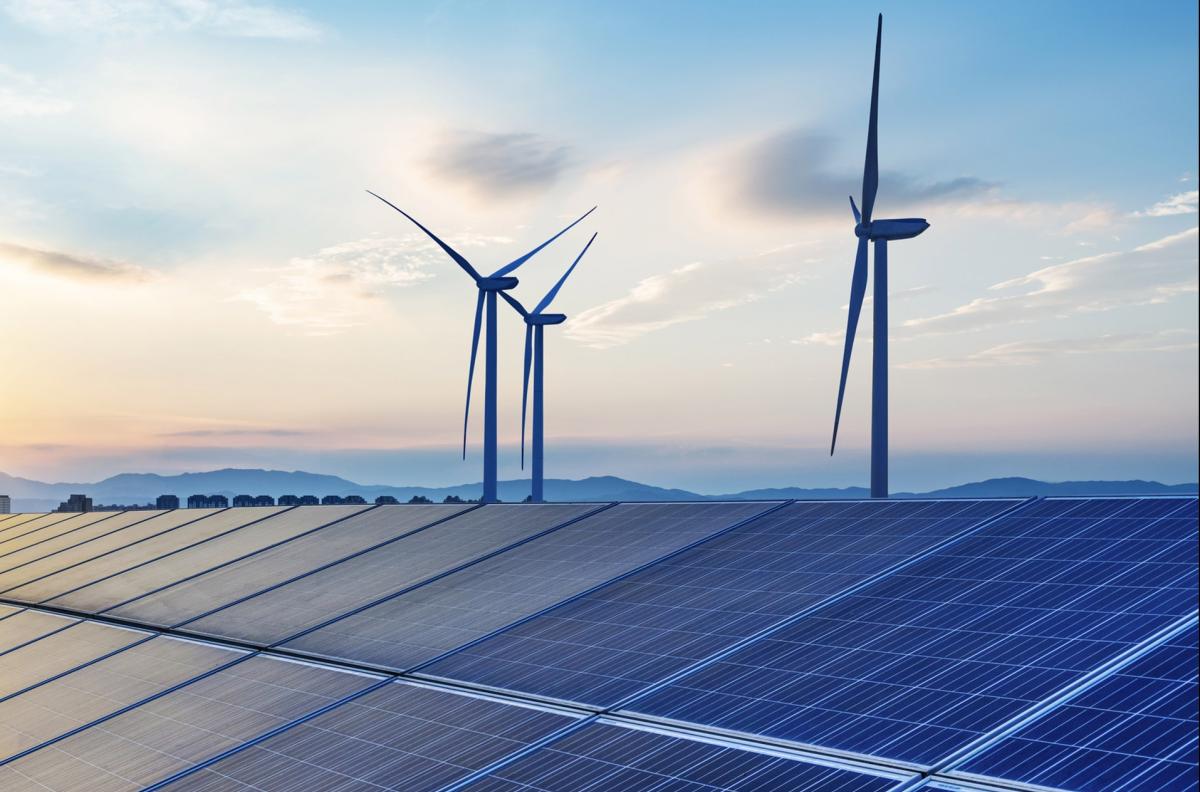
Photo Credit: iStock \ hrui
From heating and cooling homes, transportation, cooking and more, energy powers our lives. But our energy systems are surging with inequality.
To confront the climate crisis, scientists say, we must transition away from fossil fuels to clean, renewable sources — and it’s essential that existing energy inequities are not magnified. To that end, a multi-institution team of researchers, including environmental scientist Ranjit Deshmukh of UC Santa Barbara, has created an analytical framework that can be used to evaluate equity in energy transitions. They published their findings in Environmental Research Letters.
The current energy system relies heavily on polluting fossil fuels that warm the planet and threaten human health. Black, Indigenous and people of color (BIPOC), low-income and other frontline communities are disproportionately exposed to pollution from energy production and, as a result, experience greater health risks. They are also more likely to be considered energy burdened and have reduced energy access.
“The energy transition is not just a technical transition; it is a social, political and economic transition inextricably linked with justice and equity,” said lead author Sage Kime, a doctoral student in urban and environmental planning and policy at UC Irvine and an alum of UCSB’s Bren School of Environmental Science & Management. “There are significant equity implications that need to be considered in transition planning: unequal adoption of resources like solar PV and electric vehicles, challenges with energy affordability or job losses in the fossil fuel industry, and disparities in health costs and benefits, among others.”
The clean energy transition represents an opportunity to address the energy impacts and burdens faced by frontline communities. However, Kime noted, if we fail to recognize and mitigate injustices along the way, the transition could actually increase inequality.
Metrics are a key component in identifying, evaluating and addressing the equity impacts of energy transitions, according to Deshmukh, an assistant professor in UCSB’s Environmental Studies Program and in the Bren School. “The energy justice literature is spread across multiple disciplines including public health, social sciences, economics and engineering. Our goal was to bring metrics used for evaluating equity outcomes of the energy transition across these disciplines under one framework,” he explained.
“Quantitative metrics can provide a useful tool for stakeholders like community organizations, policymakers, regulators, program administrators and academics to evaluate equity outcomes of policies, programs, or regulations either before or after their implementation.”
“It is important to note that while metrics can be an extremely useful tool for evaluating equity in energy transitions, they cannot capture all the complexities of energy injustice,” added Kime. “Many inequities cannot be quantitatively measured, but they should still be acknowledged and addressed.”
Still, the framework developed in their new paper can provide a baseline for policymakers and other stakeholders to consider equity impacts for energy transition plans.
The framework evaluates equity in three dimensions: health, access and livelihood, which are further broken up into indicators such as pollutant exposure, resource availability and energy security. For each of these indicators, specific metrics are used to measure their amount or value. The paper develops equity metrics for four key low-carbon energy transitions: renewable energy deployment, fossil fuel infrastructure phaseout, transportation electrification and residential building decarbonization.
“Stakeholders can use our framework as a starting point for evaluating equity in various energy transition programs and policies,” said Kime. “The metrics should be adapted according to the specific context and community input, allowing decision-makers to develop relevant and community-informed metrics to evaluate equity.”
Much more work needs to be done to address inequities in the energy system and to ensure equality in the energy transition, the researchers agreed. But providing policymakers, regulators and other stakeholders with the resources and tools they need to account for equity in this transition is an important step to creating a more equitable and resilient future.
UC Santa Barbara’s David Pellow, the Dehlsen Professor and Chair of Environmental Studies, and Veronica Jacome, an assistant professor of geography and urban studies at Temple University, also contributed to the new paper.